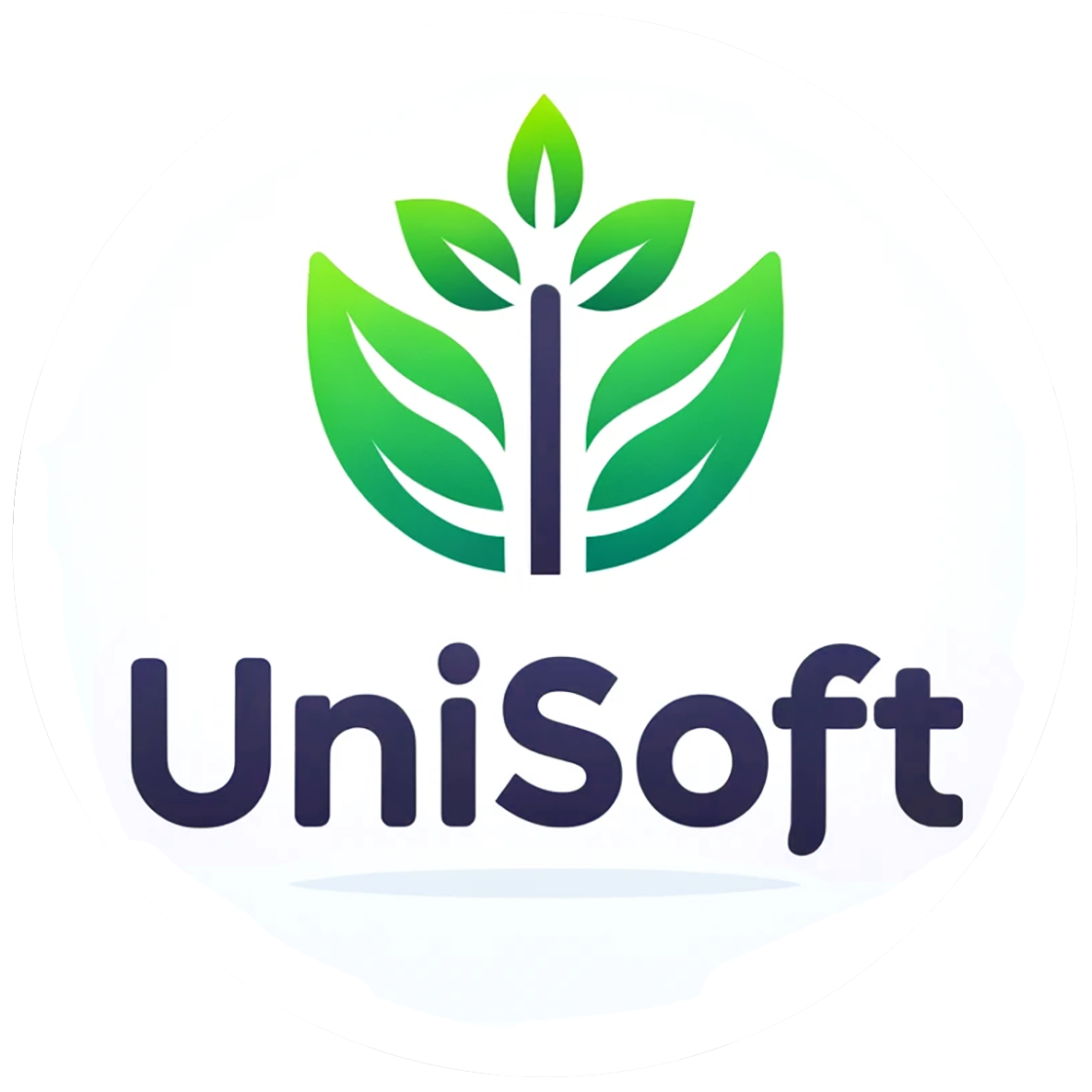How to do effective knowledge exchange
Crafting activities to facilitate knowledge exchange is most effective when designed with specific objectives in mind. Intentionally selecting knowledge exchange activities proves more successful than adopting approaches merely due to their prior use or personal comfort. For those embarking on this journey, initial efforts should focus on garnering interest, support, and potential collaboration. Communicate succinctly about your research, conveying its relevance to your audience. Later, when sharing results, carefully tailor messages to resonate with diverse stakeholders. If engaging in collaborative research, leverage the insights of partners, colleagues, and networks to identify additional interested parties. Exploring funding opportunities can also enhance knowledge exchange and impact generation, adding a valuable dimension to your efforts.
Defining the Purpose of Your Knowledge Exchange
Activities:
Embarking on the journey of knowledge exchange requires a deliberate and strategic approach, starting with the meticulous articulation of the objectives guiding your initiatives. Clearly delineate the specific knowledge or expertise intended for sharing and illuminate the goals envisioned for accomplishment through these activities. This precision is not merely a formality but a crucial element, akin to a navigational beacon, charting the course of your efforts and assuring alignment with the overarching objectives of your organisation. This clarity serves as the bedrock for purposeful knowledge exchange endeavours, ensuring that each activity is not only directed but also seamlessly integrates with and advances the broader goals of the organisation. By establishing a distinct and comprehensive purpose from the outset, you create a framework wherein your knowledge exchange activities become instrumental, purpose-driven components contributing harmoniously to the overarching success and growth of your organisation.
Building Knowledge Exchange Contacts:
Building a formidable network of contacts stands as a cornerstone in facilitating effective knowledge exchange. This pivotal undertaking begins by meticulously identifying individuals or organisations endowed with expertise that aligns with your predefined goals. An active and engaged approach is essential – attend industry events, immerse yourself in professional networks, and harness the power of online platforms to establish meaningful connections with potential collaborators. The proactive pursuit of opportunities to broaden your network is paramount, offering a pathway to diversify perspectives and insights within your professional sphere. By actively seeking out collaborations and establishing connections through various channels, you not only enrich your own understanding but also contribute to the collective wealth of knowledge. In this dynamic and interconnected landscape, the art of building and fostering meaningful contacts transcends the realm of individual enrichment; it becomes a catalyst for collaborative synergy, where shared insights and diverse perspectives lay the groundwork for innovative solutions and collective advancement.
Developing Relationships:
Cultivating meaningful relationships constitutes a pivotal aspect of successful knowledge exchange. At the heart of this endeavour is the imperative to foster open communication, creating an environment conducive to the free flow of ideas and insights. This involves not only establishing platforms for discussions but actively engaging in collaborative projects that facilitate the sharing of knowledge. The bedrock of these relationships lies in the establishment of trust within your network. Trust acts as the adhesive that binds collaborators, encouraging a culture of openness and transparency. In such an environment, there is a natural inclination towards reciprocity, where all parties involved feel both valued and supported throughout the exchange process. This reciprocal dynamic not only ensures a more equitable and constructive collaboration but also lays the groundwork for sustained knowledge sharing, thereby fortifying the relationships that form the backbone of effective knowledge exchange initiatives.
Evaluating Knowledge Exchange:
An integral aspect of sustaining a vibrant knowledge exchange ecosystem involves the systematic evaluation of initiatives. The ongoing effectiveness of your knowledge exchange endeavours should be subject to regular scrutiny. Begin by meticulously assessing the impact on your organisation’s overarching goals, ensuring that these initiatives are intricately linked to and contribute meaningfully to strategic objectives. Beyond goals, delve into the qualitative aspect by scrutinising the quality of information shared. This entails a careful examination of the relevance and depth of the knowledge disseminated within the network. Simultaneously, gauge the level of engagement within your network, considering factors such as participation, collaboration, and the establishment of a communal learning atmosphere. To glean comprehensive insights, actively solicit feedback from participants, fostering a culture of open communication and constructive critique. Quantifying success necessitates the deployment of metrics, be it through participant surveys or other relevant indicators, to measure the tangible impact of your knowledge exchange activities. Embrace a philosophy of continuous evaluation, an iterative process that ensures refinement and realignment. This commitment to ongoing assessment is pivotal, guaranteeing that your knowledge exchange activities evolve in tandem with the dynamic landscape, remaining not only relevant but increasingly beneficial to the overarching objectives of your organisation.
